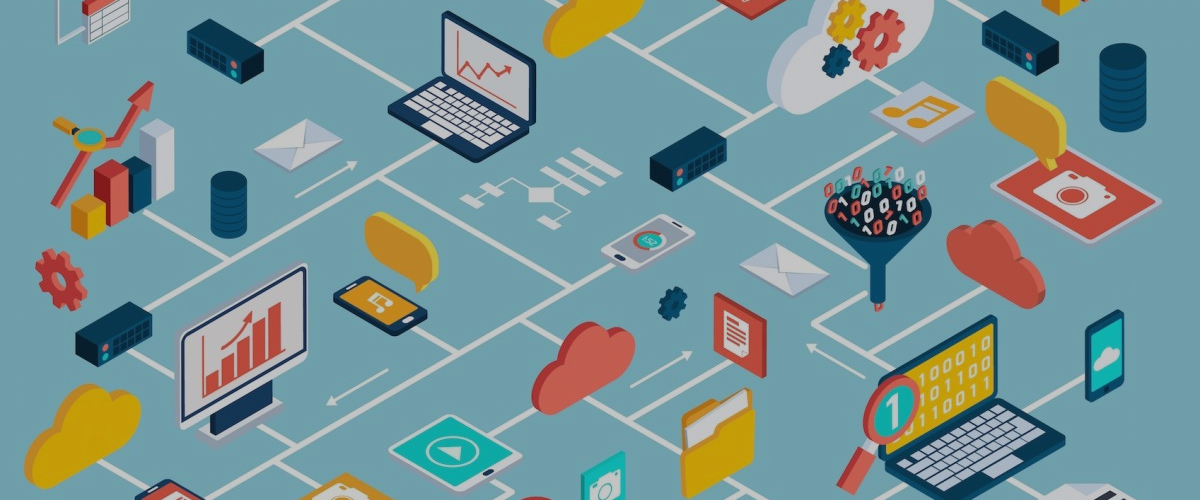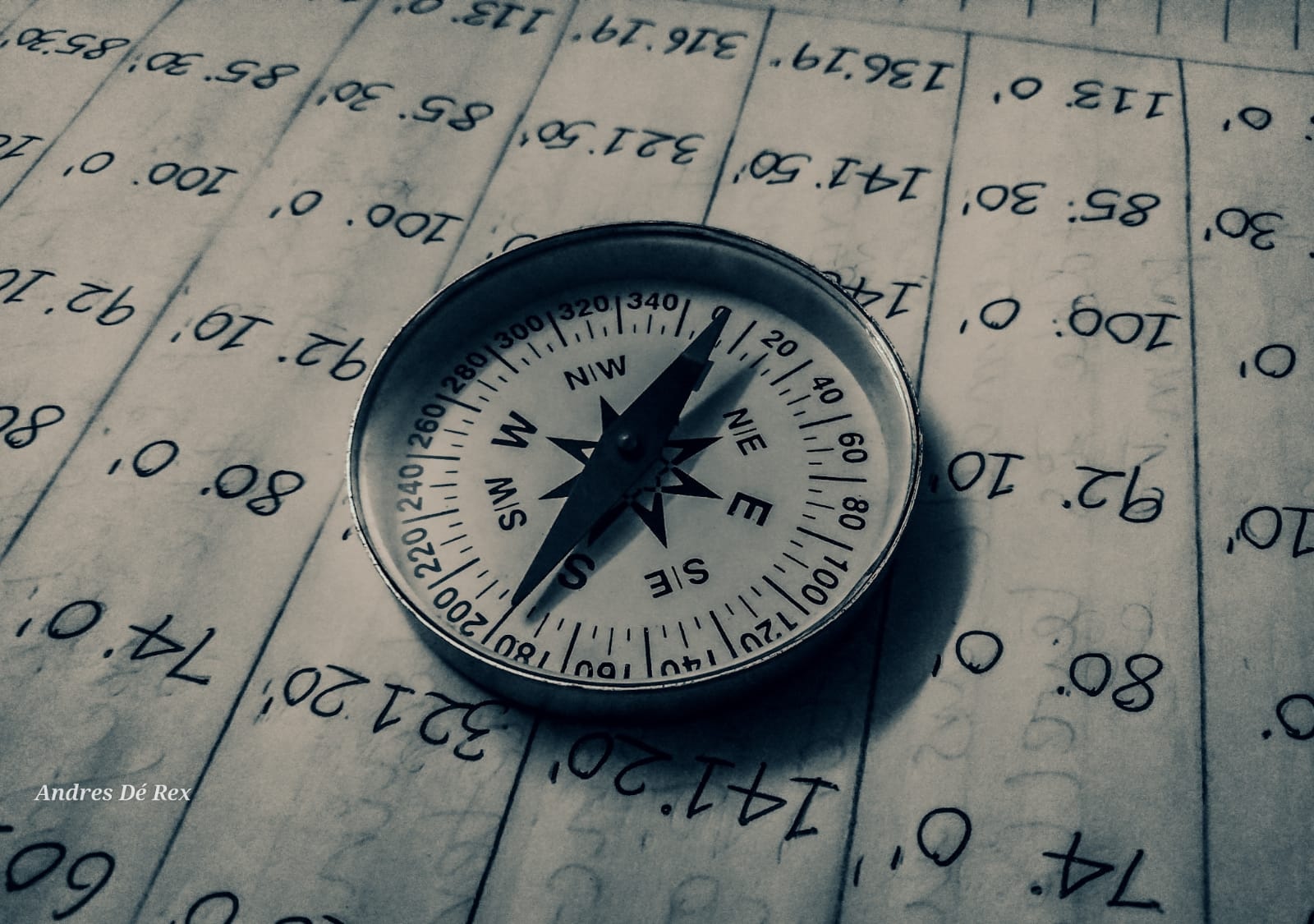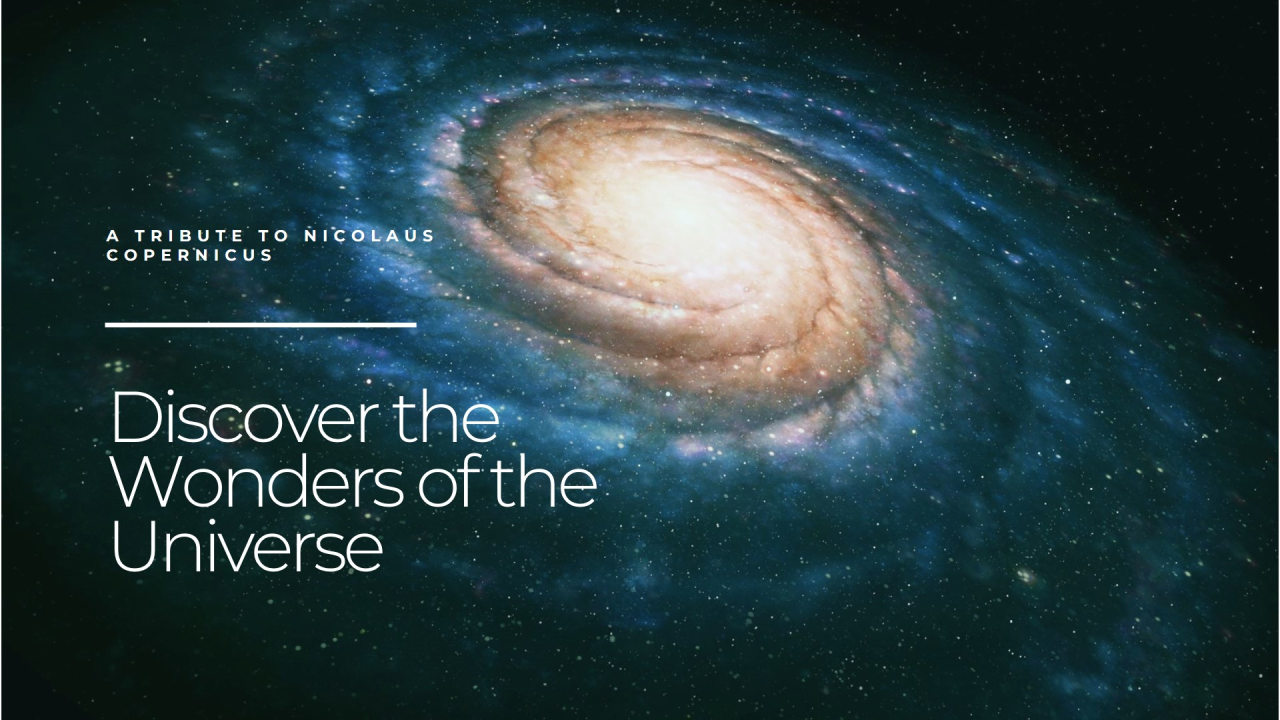$16.3 billion. Now that’s a number. That’s the amount the recommendation industry is going to be worth in the next five years. Good for us, I guess.
But why is that? Why is helping you find the right fit for you poised to become such a lucrative industry? In a world fast adopting digitisation, there is a lot of data being created. And when we say a lot, we mean almost unquantifiable. The world uses 2.5 quintillion bytes every day. A quintillion is 1 followed by 18 zeroes. Yeah. They don’t even fit on your hand. Want some more cool statistics of internet usage per MINUTE? - Amazon shoppers spend $283k - TikTok users watch 167M videos - Netflix users stream 452k hours - Discord users send 668k messages - Microsoft Teams connects 100k users Now you understand what we mean by a lot.
There is a common misconception that only corporates need data to make money off it. If individual users delete it, they will be better off. That’s not true. Users need data because let’s be honest, in the endless maze of the internet, finding out what you want is a pain. YouTube, Netflix and Spotify have been listing out content recommendations for years. Google knows what you are going to search the moment you type something. No matter how many times your “search history” might have caused you stress, it’s great for picking up on something you may have forgotten about. Storing what we may need for later is not a recent endevaour. Humans have been doing it for years, on caves and on crude papyrus. It’s just that, with technology, we got too good at it.
If it were just for entertainment, we’d understand the criticism. But data can help you in life-threatening situations as well. Take for example, the Apple Watch Detect Fall feature. It records your vitals all day and dials emergency services if you take a nasty fall. Tesla’s autonomous driving feature which, when it works one day, will be able to stop thousands of accidents due to human error. People spend eye-boggling amounts of time on social media, entertainment apps, and e-commerce websites each day. Giants like Facebook and Google have ways to navigate this vast uncharted land through navigational tools but what about someone new? A fledging clothing store made in India, or even a new gaming company. How would they navigate the land? Forget the fact that they can improve their product or packaging or price. How would users even find them? What is that one way they can find a competitive edge?
Personalisation.
And that’s where AI comes in. Odanta’s cutting-edge software picks up on stimuli. What the film is about, what the ratings are, what other people thought about the film. The filtering in our system is the “what”. What the film is about, what the ratings are, what other people like you feel about this particular film. But we also focus on the “why.” Why should you watch a particular film? It’s because we at Odanta realise how people watch something new. Just because you watched Adam Sandler movies all week to take your mind off work, doesn’t mean you’re not ready for a Godfather. If you like Action movies, but have rightfully developed superhero fatigue, means you won’t get another Spider-Man movie to watch. Genre-within-genre segmentation. We don’t just tell you what you like watching, but also what you should watch. Odanta makes a calculated decision, rather than a learned guess, to provide you with 30 film recommendations, every second.
That’s the ideal we, and any other AI firm, strive towards. To build meaningful products that help you decide what you want. You might know of the movie The Worst Person in the World. But at Odanta, you are reminded why it’s worth watching.





